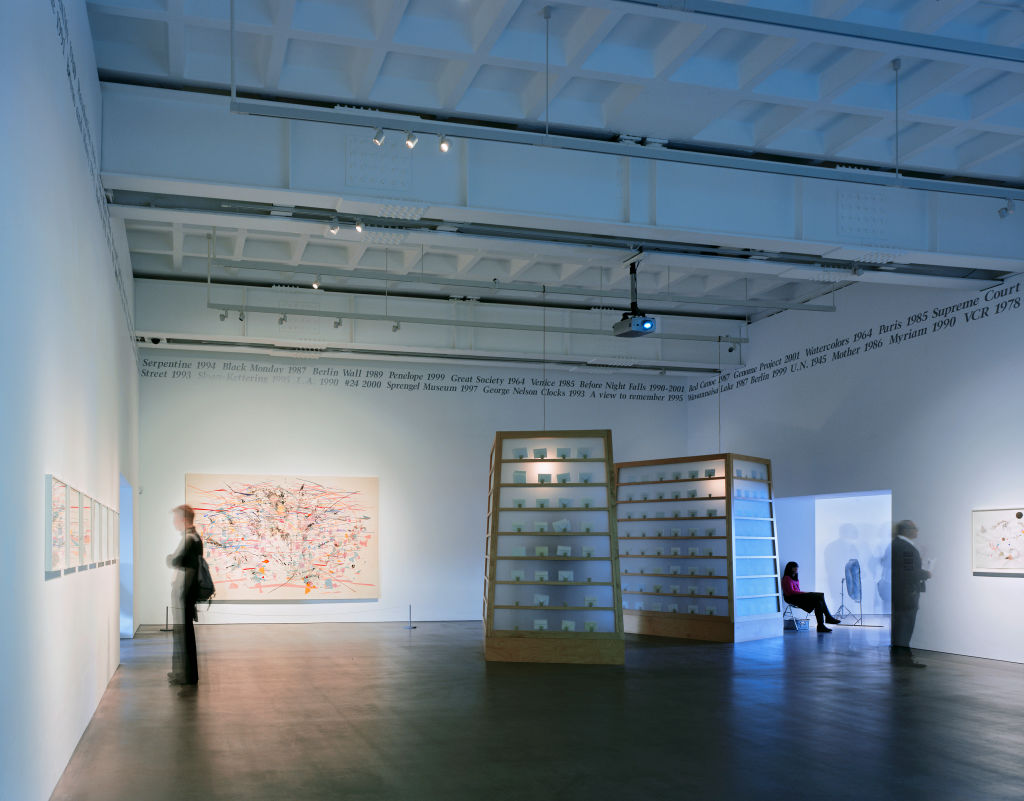
The Arts Council England (ACE), a UK government agency that provides funding to museums and arts spaces across the country, is facing criticism over a new policy that warned organizations against making “political statements.”
On January 28, the organization updated its policies to include a new section titled “Considering Reputational Risk,” which encourages institutions not to voice “activist” sentiments.
Funding recipients are urged against “activity that might be considered overtly political or activist and goes beyond your company’s core purpose and partnerships with organisations that might be perceived as being in conflict with the purposes of public funding of culture.”
A range of authors and filmmakers, including Matt Haig, Asif Kapadia and Nikita Gill, have expressed concern online over these new policies. In a post on X, Haig called the implications of these new guidelines “scary.”
After facing criticism online, ACE clarified its position, publishing a statement on Wednesday in which the organization said it supports free speech. “We wanted to clarify the reason for the changes we made, and – for the absolute avoidance of doubt – our position on freedom of expression, for artists and organisations,” ACE said.
“The context in which artists and organisations are currently working is more polarised than ever before, and that conversations, particularly on social media, can lack nuance,” it added. The group argued that the guidance aimed to set out a series of steps for organizations to “mitigate” activities that “might be viewed as controversial.”
In the statement, ACE also indicated that the latest guidelines were directed at leaders in cultural institutions, particularly those in top positions, who are subject to higher levels of public scrutiny. It emphasized that individuals such as artistic directors “might have their personal positions taken to be those of the wider organization.”
